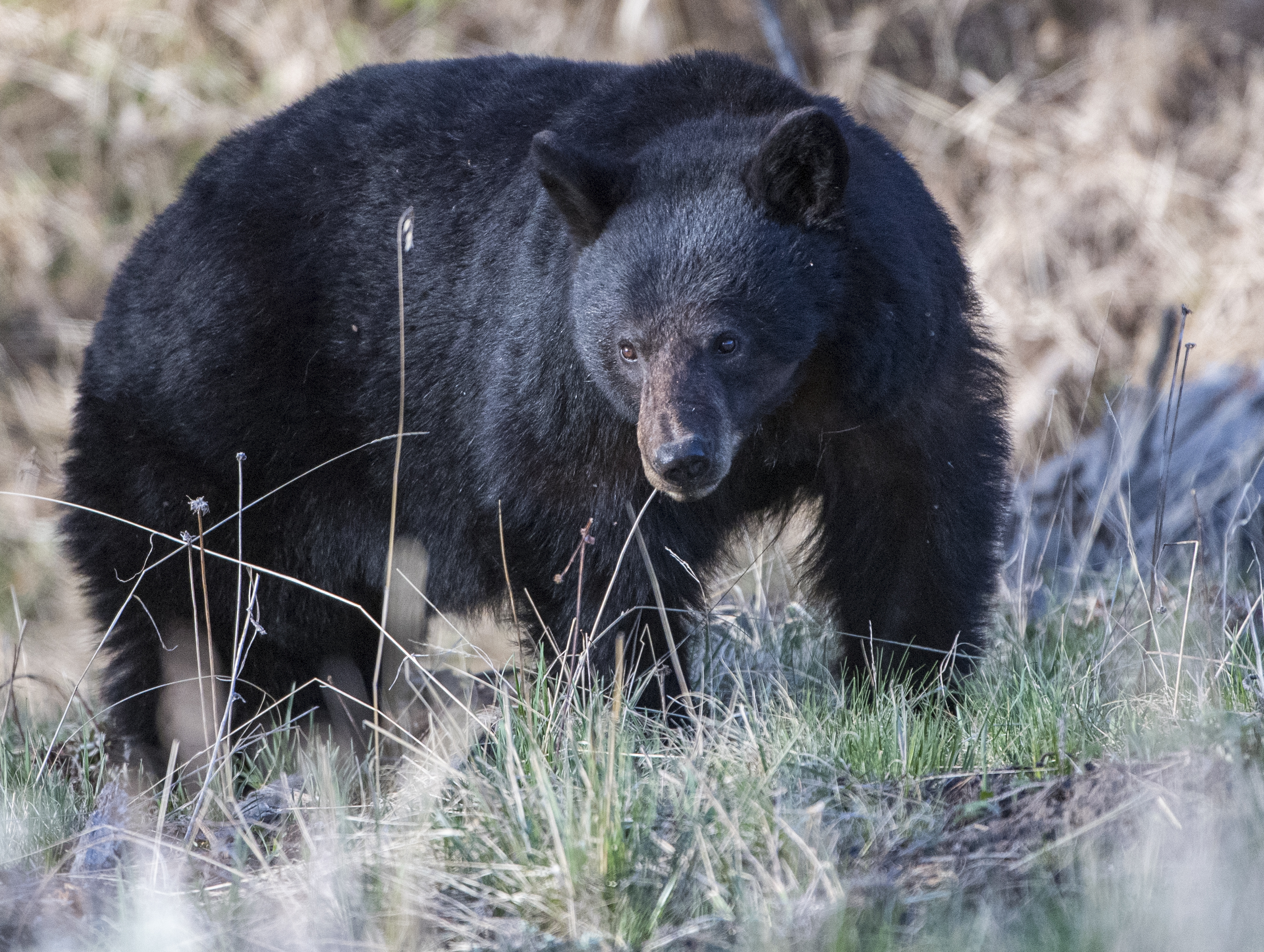A black bear was captured and euthanized in Montana on Sunday after mauling a 3-year-old girl at a Montana campground north of Yellowstone National Park, authorities reported.
The incident occurred at around 10 p.m. local time on Sunday at a private campground south of Red Lodge, when the bear attacked the child in the tent, the Associated Press (AP) reported, citing the Montana Fish, Wildlife & Parks (FWP) agency.
The young girl was immediately taken to a hospital in Billings, but her condition was not known Tuesday, according to Montana FWP.
After the attack, the campground was evacuated while officials set traps to catch the bear.
On Monday afternoon, a bear believed to be responsible for the attack was captured and euthanized, wildlife warden Randy Hutzenbiler told AP, but traps remain set in the area as a precautionary measure.
Newsweek contacted the Montana FWP via email on Tuesday for comment.

Jonathan Newton/Getty Images
While the incident remains under investigation, Hutzenbiler said, “There was bait in the area,” including possibly food and unsecured trash that may have attracted the bear.
Wildlife experts have urged campers to keep food, garbage and any smelly items out of tents and to store them in bear-proof containers or vehicles to prevent any contact.
Meanwhile, this is not the first time that a bear has been euthanized after an attack.
At the end of July, a bear that had attacked a runner in Utah was euthanized.
The man was hiking in Big Cottonwood Canyon, about 12 miles southeast of Salt Lake City, when an adult female black bear came out of the bushes and bit him on the arm.
The bear was later tracked down and euthanized by the Utah Division of Wildlife Resources using dogs.
“Because the bear had exhibited aggressive behavior and injured a person, it was euthanized in accordance with regulations,” the department wrote in a press release on Wednesday evening, as reported by news channel Fox13 Salt Lake City.
Black bears now thrive across the United States, and interactions with humans are increasing in 18 states—more than 46,000 incidents were reported to state authorities in 2022, according to data compiled by the International Association for Bear Research and Management.
The 18 states named in the report are Alabama, Arizona, California, Connecticut, Idaho, Iowa, Mississippi, Missouri, Nevada, New Hampshire, New Jersey, North Carolina, North Dakota, South Dakota, Tennessee, Texas, Vermont and Virginia.
“The success in protecting the American black bear has led to more black bears in the landscape,” said Carl Lackey, co-chair of the nonprofit’s management committee, previously Newsweek. “More people and more bears mean more conflict between people and bears.”
However, Lackey said the vast majority of Americans living among the estimated 471,000 black bears in 41 states will never have a gruesome experience, but there are few people who take the necessary precautions “until the bear comes knocking on their door.”
“People know there are bears in their neighborhood, but they don’t do anything to prevent conflict until they are actually personally affected,” he said.
The overall increase in encounters – largely due to bears foraging for food – also shows no signs of abating.
“As the bear population grows, they’re looking for places to go,” Lackey said. “And bears are very adaptable, very opportunistic. They adapt very well to make a living in and amidst human development.”
To avoid conflict with black bears, which can weigh more than 600 pounds (270 kilograms) standing and grow to more than 7 feet (2.1 meters) tall, removing attractants such as food, garbage and bird feeders is an important first step, as it encourages bears to approach once they have discovered a possible source.
“Their behavior will escalate,” Lackey said. “They’ll come by at night, crawl into a trash can, and nothing bad will happen to them. And then their conflict behavior will escalate until they start breaking into homes and become a real threat to public safety.”

